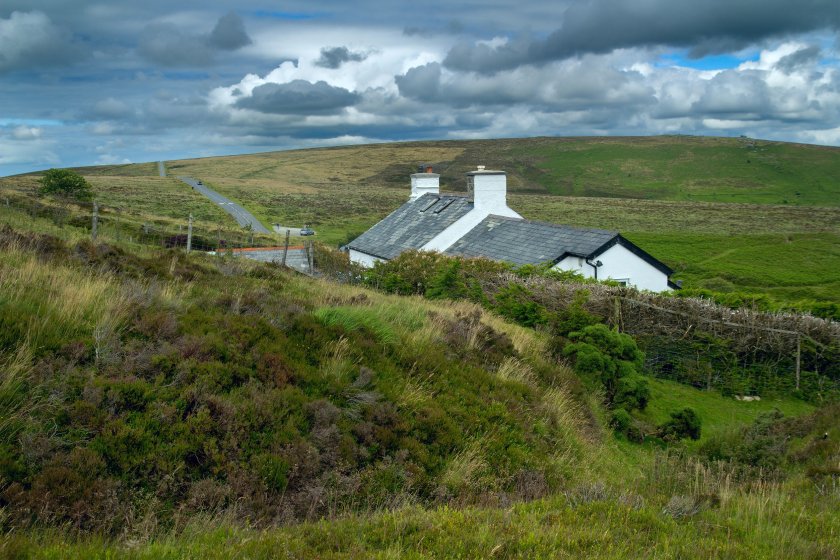Rural poverty 'overlooked' by government, researchers warn

The needs of the poorest and most vulnerable people living in the countryside are 'overlooked and underserved' by government policy, according to researchers.
Voluntary groups, charities and communities are 'left to fill the gaps' left by a 'relative lack of direct support' from the UK government for rural communities.
Challenges include a lack of public transport, lack of affordable food, seasonal working patterns and unreliable mobile phone coverage and internet access.
Researchers from Newcastle University, Scotland’s Rural College (SRUC) and Inverness Impact-Hub took a look at the issues facing the poorest people living in rural areas across the UK.
“Nobody should be disadvantaged because of where they live,” said Mark Shucksmith, Professor of Planning at Newcastle University.
“But poor and vulnerable people in rural areas very much are. Life is tough for anyone living in poverty but those who live in the countryside face a very specific set of additional challenges.
“Rural citizens should expect fairness and similar rights of citizenship - that is, fair outcomes including access to services which meet needs, and investment in social and economic infrastructure."
In Rural Poverty Today, the researchers' new book, it takes a look at three different parts of the country: East Perthshire, the Isle of Harris and the North Tyne Valley in Northumberland.
While each area had its own unique characteristics, there were similarities in the challenges facing rural residents.
The researchers heard how the complicated benefits system puts people at a disadvantage, particularly those with poor digital skills or lacking internet or mobile phone access.
They concluded that the benefits system is not designed to deal with the irregular incomes of people doing seasonal work and can actually exacerbate financial hardship for the people it is meant to help.
“If you’re receiving benefits you will be told to attend an appointment many miles away,” Prof Shucksmith said.
“But how are you going to get there if you don’t have a car and there are no buses or trains where you live?
"If you don’t attend the meeting you won’t get the benefits you rely on. So what do you do? It’s a Catch 22 situation that many people living in rural areas face.”
Another issue is the way poverty can be hidden in the countryside. Some rural dwellers don’t claim benefits they are entitled to, preferring to get by and to rely on friends and family, often due to the stigma attached.
And the affluence of many incomers can obscure the hardships of others, the researchers highlighted in the book.
Dr Jane Atterton, of Scotland’s Rural College, said the rising cost of living was also hitting households in rural Britain even harder than those in towns and cities.
"This is because they have to spend a higher proportion of their household income on fuel for transport and on heating their homes which tend to be older, poorly insulated and often not connected to mains energy supplies.”
Prof Shucksmith added: “This idea that rural communities can just look after themselves is not based in reality and it is causing some of the people who live in them harm.”








